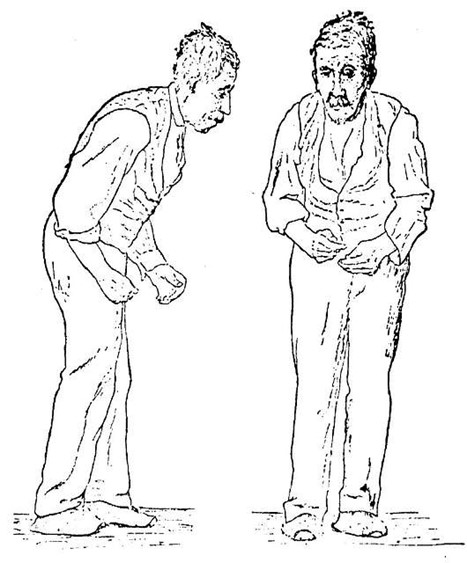Untangling Fatigue: Differentiating Burnout from Sleep Deficiency
In today’s fast-paced world, stress and exhaustion seem to be almost inevitable. With demanding jobs, personal commitments, and the constant barrage of information, it’s no wonder many of us find ourselves feeling overwhelmed and fatigued. But how do you know if what you’re experiencing is burnout or simply a case of not sleeping well? Let’s delve into this question and explore the nuances between the two.
Understanding Burnout:
Burnout is more than just feeling tired or stressed out. It’s a state of emotional, physical, and mental exhaustion caused by prolonged stress. Burnout often occurs when individuals feel overwhelmed, emotionally drained, and unable to meet constant demands. It can manifest in various ways, including:
- Emotional Exhaustion: Feeling emotionally drained, unable to cope, and lacking motivation or enthusiasm for tasks.
- Depersonalization: Developing a cynical or detached attitude towards work or responsibilities, leading to feelings of isolation.
- Reduced Performance: Experiencing a decline in productivity, efficiency, and effectiveness in tasks or responsibilities.
Signs of Not Sleeping Well:
On the other hand, not sleeping well can also mimic some of the symptoms of burnout. Sleep plays a crucial role in our physical and mental well-being, and when we don’t get enough of it, various issues can arise. Signs that you might not be sleeping well include:
- Fatigue: Feeling constantly tired and lacking energy, even after a full night’s sleep.
- Mood Swings: Irritability, moodiness, or increased emotional sensitivity.
- Difficulty Concentrating: Struggling to focus, remember things, or make decisions.
- Physical Symptoms: Headaches, muscle aches, and a weakened immune system.
Differentiating Between the Two:
While burnout and poor sleep can share similar symptoms, there are key differences that can help you distinguish between the two:
- Triggers: Burnout is often linked to prolonged stress and feelings of overwhelm, whereas poor sleep can be caused by various factors such as insomnia, sleep apnea, or unhealthy sleep habits.
- Recovery: Burnout typically requires more than just a good night’s sleep to overcome. It often necessitates changes in lifestyle, workload, or mindset to fully recover. On the other hand, improving sleep habits and addressing sleep disorders can significantly alleviate symptoms of poor sleep.
- Impact: Burnout can have long-term consequences on both mental and physical health if left unaddressed. Poor sleep, while detrimental in the short term, can often be remedied with changes in sleep hygiene or seeking treatment for sleep disorders.
Tips for Addressing Burnout and Poor Sleep:
Whether you’re experiencing burnout, poor sleep, or a combination of both, there are steps you can take to improve your well-being:
- Prioritize Self-Care: Make time for activities that recharge you mentally, emotionally, and physically. This could include exercise, hobbies, meditation, or spending time with loved ones.
- Establish a Bedtime Routine: Create a relaxing bedtime routine to signal to your body that it’s time to wind down. Avoid screens, caffeine, and heavy meals before bedtime, and aim for a consistent sleep schedule.
- Seek Support: Don’t hesitate to reach out to friends, family, or a mental health professional for support if you’re feeling overwhelmed or struggling to cope.
- Set Boundaries: Learn to say no to excessive demands on your time and energy. Setting boundaries in both your personal and professional life can help prevent burnout and promote better sleep.
To learn more, check out this summary from The Nutrition Clinic.
By understanding the distinctions between the two and taking proactive steps to address your well-being, you can regain control and thrive in both your personal and professional life. Remember, prioritizing your health and well-being is not selfish—it’s essential for leading a fulfilling and balanced life.
Integrating supplements from the Asher Longevity Institute into our daily routine is a crucial step towards enhancing our overall well-being. Experience the benefits firsthand by conveniently placing your order here!




